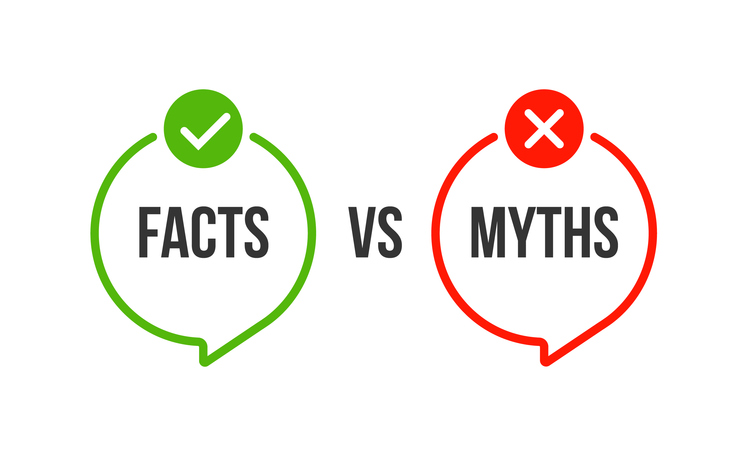We previously highlighted this University of Washington Law School video: "Three-minute Legal Tips: Capital Gains Tax." The video is a short interview with Professor Scott Schumacher, Director, Graduate Program in Taxation. Of particular note were these comments from Professor Schumacher:
“A capital gains tax is just a tax on certain type of income . . . To the extent this is an income tax, and I think it is, it’s going to be found unconstitutional.”
I recently had the opportunity to interview Professor Schumacher to learn more about his thoughts on Washington’s new capital gains income tax. Here was our conversation:
Can you tell me about your tax background and role at the University of Washington?
Professor Schumacher: “I have been a tax lawyer for more than 30 years. I am a Professor of Law at the University of Washington School of Law, where I also serve as the Director of the Graduate Program in Taxation. Prior to joining the UW, I clerked for the former Chief Judge of the United States Tax Court, and I was a trial attorney with the Tax Division of the United States Department of Justice.”
In your opinion, is a capital gains tax an excise tax or an income tax?
Professor Schumacher: “A capital gains tax is a tax on income. The federal tax laws define the term ‘income’ to include ‘gains derived from dealings in property,’ which includes capital gains. Notably, the new Washington State tax determines the amount to be taxed from the federal net long-term capital gains reported by the taxpayer. Thus, the Washington Capital Gains Tax takes an amount that is subject to income tax at the federal level and imposes an additional amount of tax on that income.”
Are you aware of any tax jurisdiction in the world outside of Washington state calling a capital gains tax an excise tax?
Professor Schumacher: “I am not.”
Are there any constitutional restrictions in Washington state on the type of capital gains tax the legislature adopted?
Professor Schumacher: "If the capital gains tax is an income tax (and I think it is), then it would be unconstitutional under the Washington Constitution. The Constitution provides that all taxes on property must be uniformly applied and cannot exceed an annual rate of 1%. Here, the capital gains tax does not apply to everyone (and therefore is not 'uniformly applied') and the rate is 7%."
Assuming a capital gains tax is an excise tax, are there any federal constitutional problems with the new Washington tax?
Professor Schumacher: “Yes. Under the U.S. Constitution’s Commerce Clause and recent U.S. Supreme Court precedent, a State tax must (1) only apply to an activity with a ‘substantial nexus’ with the taxing State, (2) be ‘fairly apportioned,’ (3) not discriminate against interstate commerce, and (4) be fairly related to the services the State provides. The first test is the key here. The Washington Capital Gains Tax applies to the capital gains of Washington residents, regardless of where the property was located. Thus, the tax could and would apply to an activity with absolutely no nexus or connection to Washington State, let alone a ‘substantial nexus.’ It is therefore unconstitutional.”
What do you think will happen when the courts rule on the legal challenges?
Professor Schumacher: “I have never been good at predicting what courts will do.”
Thank you, Professor Schumacher for sharing your tax expertise with us.
Additional Information
UW Tax Law Professor on new capital gains income tax: “It’s going to be found unconstitutional”
Capital gains income tax quotes – who said it?




